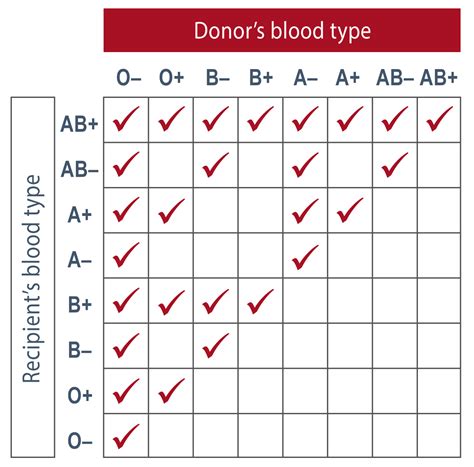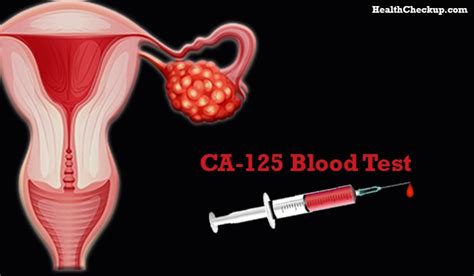Rhesus Blood Type Guide: Know Your Status

The Rhesus (Rh) blood type system is one of the most important blood groups in human medicine, playing a crucial role in transfusion medicine and pregnancy care. Understanding your Rh status is essential for ensuring safe blood transfusions and for pregnant women to prevent complications. In this comprehensive guide, we will delve into the world of Rhesus blood types, exploring what they are, how they are determined, and the implications of being Rh-positive or Rh-negative.
Introduction to Rhesus Blood Types
The Rhesus blood type system involves the presence or absence of the RhD antigen on the surface of red blood cells. If you have the RhD antigen, you are considered Rh-positive; if you don’t, you are Rh-negative. This distinction is critical because if Rh-positive blood is transfused into an Rh-negative individual, the recipient’s immune system may react by producing antibodies against the RhD antigen, leading to a severe reaction.
Determining Rhesus Blood Type
Your Rhesus blood type is inherited from your parents, with each parent contributing one of their two Rh genes (one from each pair of chromosomes) to you. The Rh gene that codes for the RhD antigen is dominant, meaning if you inherit just one copy of this gene, you will be Rh-positive. Only individuals who inherit no copies of the RhD gene (i.e., they are homozygous recessive) will be Rh-negative.
Implications of Being Rh-Positive or Rh-Negative
Being Rh-positive or Rh-negative has significant implications, particularly for pregnant women and individuals requiring blood transfusions.
Rh-Positive Individuals: Generally, being Rh-positive does not pose health risks, and these individuals can receive blood from both Rh-positive and Rh-negative donors. However, Rh-positive women are less likely to face issues related to Rh incompatibility during pregnancy compared to Rh-negative women.
Rh-Negative Individuals: Rh-negative individuals can only receive blood from Rh-negative donors. If an Rh-negative woman is pregnant with an Rh-positive fetus, there is a risk of Rh incompatibility. This occurs when the mother’s immune system reacts to the Rh-positive blood cells of the fetus, producing antibodies that can attack the fetus’s red blood cells in future pregnancies. To prevent this, Rh-negative pregnant women are often given a substance called RhoGAM (Rh immune globulin) during pregnancy and after delivery if the baby is Rh-positive.
Rhesus Blood Type and Pregnancy
For Rh-negative women carrying an Rh-positive fetus, the first pregnancy is usually not a concern because the mother’s immune system hasn’t been sensitized to the RhD antigen yet. However, during childbirth or any event that might cause fetal blood cells to enter the mother’s bloodstream, the mother’s immune system may become sensitized, leading to the production of anti-RhD antibodies. These antibodies can cross the placenta in subsequent pregnancies, attacking the red blood cells of an Rh-positive fetus and leading to a condition known as hemolytic disease of the newborn (HDN).
Prevention and Management
To prevent complications in Rh-negative mothers carrying Rh-positive fetuses, healthcare providers often administer RhoGAM at around 28 weeks of gestation and within 72 hours after delivery if the baby is Rh-positive. This immune globulin prevents the mother’s immune system from reacting to the Rh-positive blood cells of the fetus, thereby preventing the production of anti-RhD antibodies and the potential for HDN in future pregnancies.
Blood Transfusions and Rhesus Type
In the context of blood transfusions, knowing your Rhesus blood type is crucial to prevent adverse reactions. Rh-positive blood cannot be given to Rh-negative recipients, as this can trigger an immune response. However, Rh-negative blood is considered the “universal donor” type for Rh blood types because it can be transfused to both Rh-positive and Rh-negative individuals without causing an immune reaction against the RhD antigen.
Conclusion
Understanding your Rhesus blood type and its implications is vital for ensuring your health and the health of your loved ones. Whether you are Rh-positive or Rh-negative, being aware of your status can help you make informed decisions about blood transfusions and pregnancy care. As medical science continues to advance, the importance of blood typing, including Rhesus status, remains a cornerstone of safe and effective patient care.
What is the Rhesus blood type system?
+The Rhesus (Rh) blood type system categorizes blood as either Rh-positive or Rh-negative, based on the presence or absence of the RhD antigen on red blood cells.
How is Rhesus blood type determined?
+Rhesus blood type is inherited from your parents, with the RhD gene being dominant. Inheriting one copy of the RhD gene makes you Rh-positive, while not inheriting any copies makes you Rh-negative.
Why is knowing your Rhesus blood type important?
+Knowing your Rhesus blood type is crucial for safe blood transfusions and for pregnant women to prevent complications like hemolytic disease of the newborn (HDN) in Rh-positive fetuses.
In the realm of blood types, the Rhesus system stands out due to its impact on medical care and pregnancy. As we continue to unravel the intricacies of human blood, the importance of understanding and managing Rhesus blood types will only continue to grow, ensuring safer transfusions and healthier pregnancies for generations to come.


